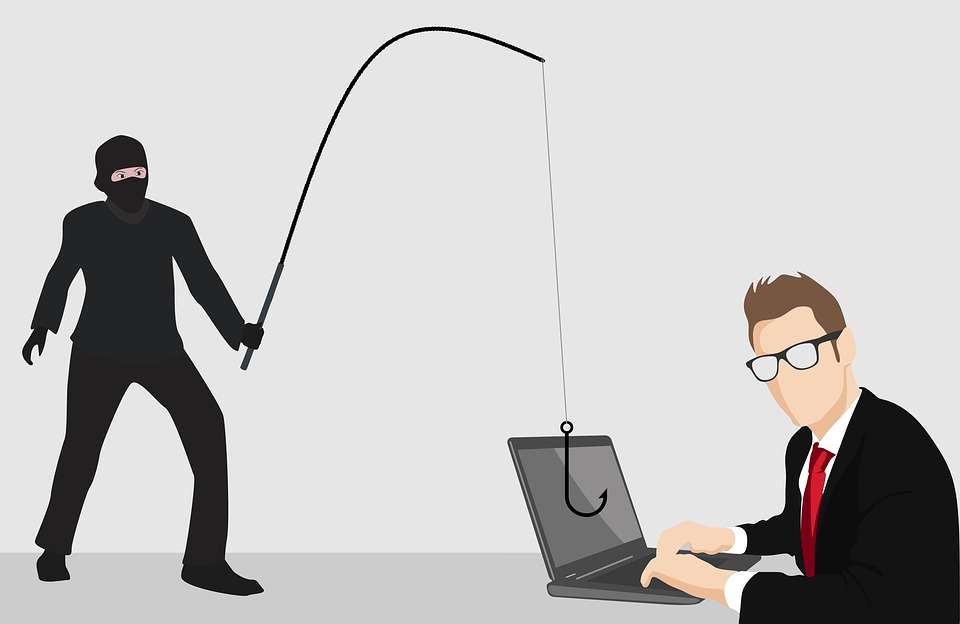How Can Businesses Improve Cybersecurity?

Due to the huge losses attached to data breaches, organizations’ leaders must protect their data online. That said, every organization should review their computer security and stay safe online. Here are 10 steps leaders can take to improve Cybersecurity in their organization.
Steps Leaders Can Take to Improve Cybersecurity
According to a report released by the University of Maryland, cyber attacks happen after 39 seconds, translating into 2,244 times a day. The leading causes of the attacks include vulnerable usernames and passwords.
Another security intelligence report claims that it may take an average of 280 days to detect and contain a data breach. And, the average cost of managing the data breach may go beyond $ 3.86 million. While big organizations remain at the top of the new scam’s headlines, small businesses are not safe. What can leaders do?
1. Perform Regular Security Assessments
Frequent security assessments can help you identify new threats and vulnerabilities. It will also help you measure employee training effectiveness and the measures put in place to counter the Cyberattacks. Moreover, the assessment will help you develop a Cybersecurity-conscious culture in the organization. The enhanced Cybersecurity would, in turn, facilitate riskless online business operations.
You should consider using behavioral analytics to boost cybersecurity and protect your data. Start by analyzing website traffic flows to predict how people act to identify potential threats and understand why people act a certain way to predict their actions in the future.
2. Enforce A Mobile Device Policy
Today, most workers use their mobile devices to attend to work emails. The mobile devices are subject to spyware, and phishing scams, which may threaten your organization’s data.
That said, it is essential to formulate a business policy to govern the use of these devices. You can achieve this by encrypting your data or encouraging your employees to install security apps.
3. Hire A Chief Information Security Officer (CISO)
Security breaches may not only result in the loss of your organization’s data but also impact its finances. The attacks may even lead to the closure of your company. Hiring a chief information security officer (CISO) is the perfect way of ensuring your data’s online security.
A qualified CISO should stay in the wake of the changing cyber threats and devise an effective security strategy to counter the same. They should also advise the executives and the employees on how to implement security policies.
4. Secure Your Data with Multi-Factor Authentication
Changing passwords can help to secure the company’s information. However, they can expose your company’s data to significant risk at times. For instance, if any of your employees accidentally leak the password, the attackers can use it to get a foothold on your company website. The most probable result can be the loss of data or monetary resources.
You can avoid password-related risks by using multi-factor authentication. Multi-factor authentication is a system that requires the user to provide extra information alongside the password to access a particular account. It may include the use of security codes, biometric scans, and security questions to secure your data from unauthorized access.
5. Keep Your Data Backed-Up
No business is immune from cyber attacks. The attackers may use complex dictionary scripts to enter your system regardless of how secure you think it is and cause a full-scale data loss.
It is thus imperative to have alternative storage to protect data besides the cloud and computer storage. Examples of external storage options include USB flash drives, external hard drives, and memory cards.
6. Invest in Secure Collaboration Tools

The Information Security Policy Manual outlines the information security process and comes with an acceptable use policy example, computer usage policy for employees, BYOD policy, IT security planning, IT risk assessment and IT security auditing procedures.
If your employees operate remotely due to Covid 19 or any other reason, you should be wary of the collaboration tools they are using. The idea is to prevent employees from using insecure ways to share business information, which may expose your data to the risk of loss.
To get the best collaboration platform, you should study your employees’ needs. And then, ask your security team to use their techniques to identify the most secure communication platform.
7. Train and Hold Employees Accountable
The attackers may use phishing scams to lure workers into entering vital data to a fake website. They may then use the acquired data to access the company’s computer programs and website. Once they access them, the company risks losing their information and reputation. The best way to reduce such incidences of human error is by training your employees.
If you lack a CISO in your organization, you should training services from a third party. The idea is to inform the employees about possible online threats and the best practices to protect the company’s data. You should also restrict the employees from sharing company information.
8. Hire The Right Talent
The effectiveness of your online security depends on the skillset of your security team. While a highly qualified team would take your online security to another level, nothing good will come from unqualified workers. For best results, you should only hire professionals who have experience in the field.
9. Protect Your Computers from Viruses, Malicious Codes, and Spyware
Computer virus remains a significant threat in the use of technology in the business world today. Once the virus attacks your system, it may steal your passwords, spam your email contacts, or even control your device. They may also erase your financial data or even cause huge monetary losses. As such, you should equip all your computers with the latest antispyware and antivirus software. Also, you should automate the installation of the software updates to ensure continuous protection.
10. Encrypt Your Website with an SSL
Attackers may easily access unsecured public websites. If you own one, you should encrypt its pages with a secure socket layer (SSL). The SSL security protocol will ensure secure transmission of data as it avails it to the user’s computer and a secure server only.
Business Can Improve Cybersecurity
The effectiveness of Cybersecurity in your organization depends on the cybersecurity plan and measures you put in place to shape it. We have discussed the top strategies you can use to identify and counter Cyberattacks to better your business.
















Leave a Reply